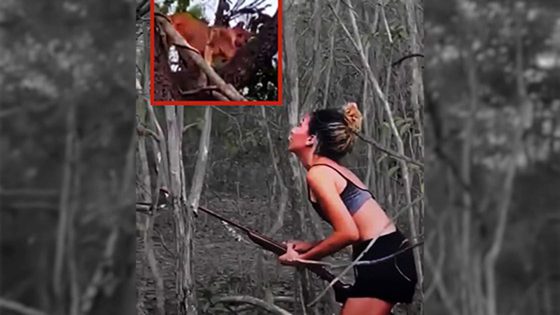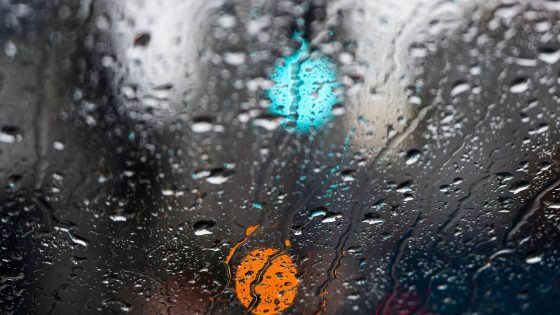A shocking incident in Brazil has captured widespread attention after a woman was filmed killing a baby jaguar. This act has sparked outrage and raised questions about wildlife protection and animal rights. On January 22, 2025, the Brazilian Institute of Environment and Renewable Natural Resources (Ibama) announced that the woman would face serious penalties for her actions.
- Woman filmed shooting endangered jaguar cub
- Ibama imposes R$ 5,000 fine
- Charges include animal cruelty and firearm possession
- Video shows dogs attacking fallen jaguar
- Public helped identify the shooter
- Strong images led to video editing
Woman Kills Baby Jaguar, Faces Serious Legal Consequences
What drives someone to harm endangered wildlife? A disturbing video shows a woman shooting a baby jaguar in rural Brazil, followed by a pack of dogs attacking the injured animal. The Ibama has identified her and announced a hefty fine and criminal charges, raising awareness about wildlife conservation.
Legal Ramifications for Killing Endangered Species in Brazil
The legal repercussions for the woman involved in this incident are severe. Under Brazilian law, she faces multiple charges, including illegal possession of a firearm and animal cruelty. The penalties include fines and possible imprisonment, which could serve as a warning to others.
Understanding Brazil’s Wildlife Protection Laws and Penalties
Brazil has strict laws to protect endangered species like the jaguar. Here are key points about the legal framework:
- Illegal possession of firearms can lead to significant fines.
- Mistreatment of animals can result in 2 to 5 years of imprisonment.
- Killing an endangered species like the jaguar carries a penalty of 6 months to 1 year.
- Fines for animal cruelty can range from R$500 to R$3,000 per animal.
As this incident unfolds, it serves as a reminder of the critical importance of wildlife conservation efforts. How can we ensure that endangered species are protected from harm? Public awareness and strict enforcement of laws are essential in safeguarding our planet’s wildlife.

































